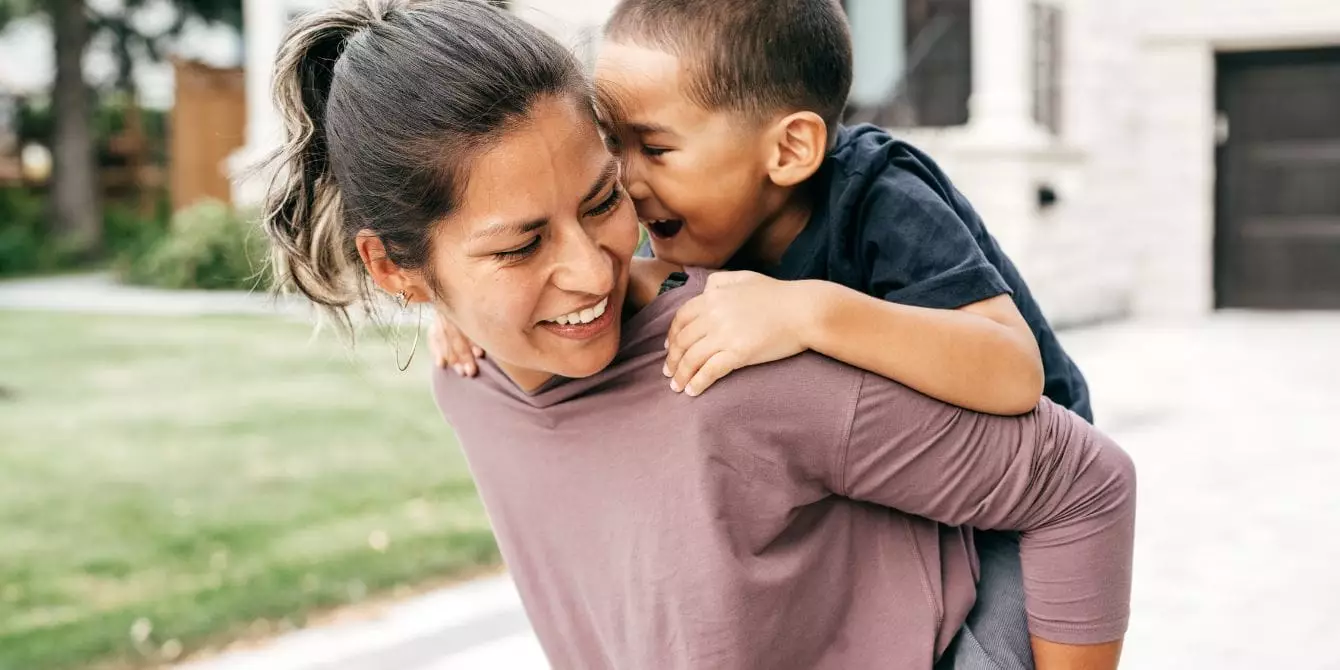Emotional courage is a profound ability that allows individuals to confront and express their emotions without fear or apprehension. It involves recognizing and valuing all feelings, whether deemed “positive” or “negative.” In a world increasingly focused on emotional intelligence, the significance of emotional courage cannot be overstated. This competency plays a crucial role in fostering personal growth, empathy, and resilience. By acknowledging that every emotion carries meaning, we pave the way for deeper self-understanding and connection with others.
Growing awareness surrounding emotional courage has evolved significantly, largely through the contributions of thought leaders like Brené Brown. Her work has illuminated the connection between vulnerability and courage, challenging the traditional notions of strength simply equating to stoicism. Brown defines vulnerability as the state of uncertainty and emotional exposure but asserts that it embodies courage rather than weakness. This evolving understanding of vulnerability helps reshape the narrative around emotional expression, especially in contexts where gender norms dictate otherwise.
Historically, societal attitudes toward emotional expression have often promoted the idea that showing feelings is a sign of weakness. Phrases such as “Boys don’t cry,” or “Put on a happy face,” contribute to the detrimental belief that emotional suppression equates to strength. The impact of such beliefs extends into childhood, where children learn to mask their emotions rather than explore them. Cultivating emotional courage can effectively challenge these outdated norms and offer a healthier perspective on what it means to be strong.
Fostering a new understanding of emotional expression among children is paramount. It requires a deliberate effort to teach them that embracing their emotions with curiosity and sensitivity is not just acceptable but commendable. Encouraging children to acknowledge rather than shun their feelings can help cultivate well-rounded individuals who understand that emotional courage manifests as both strength and leadership. Perhaps most importantly, children should learn that emotional expression fosters connection rather than isolation.
To build emotional courage in children, two key areas should be emphasized: welcoming emotions with an open mind and recognizing sensitivity as a powerful attribute. By teaching children to face their emotions openly, we can help them develop resilience and emotional intelligence, empowering them to navigate life’s challenges effectively.
The very essence of emotional courage lies in embracing vulnerability as a pathway to connection. This courageous approach encourages open hearts and encourages meaningful conversations. When we teach children that they can express tough emotions like sadness, anger, or fear without feeling shame, it cultivates leadership skills and nurtures understanding in interpersonal relationships.
Furthermore, understanding comes not just from spoken lessons but from example. Parents and caregivers play a vital role in modeling emotional courage. Children absorb the behaviors and attitudes of the adults around them; therefore, demonstrating healthy emotional coping strategies is imperative. By showing our own imperfections, struggles, and emotional nuances, we lay the groundwork for children to follow suit.
For families aiming to cultivate emotional courage, integrating specific practices into daily life can be transformative. Here are practical steps that can help:
1. Acknowledge Feelings: Encourage a culture of open acknowledgment for all feelings. Emphasizing that emotions are valid and worthy of exploration allows for a more supportive atmosphere.
2. Emphasize Acceptance: Acceptance of feelings, even those that are uncomfortable, is crucial. It creates a safe environment for children to process and understand their emotions.
3. Let Go of Perfectionism: Instilling the belief that it is okay to be imperfect allows children to navigate their emotional landscape authentically. This perspective cultivates growth and adaptability.
4. Practice Active Listening: Encourage conversations that prioritize listening over self-reflection. Engaging with others can lead to new insights and understanding, enriching the emotional learning experience for children.
5. Foster Empathy: Witnessing and valuing emotions in others strengthens children’s empathetic skills. This practice can bolster their sense of connection in a world that often seems isolating.
Emotional courage is indeed a journey rather than a destination. It demands intentional practice, vulnerability, and the conscious decision to value empathy and authenticity over false displays of toughness. By investing in our emotional landscapes, we can open doors to meaningful conversations and strong connections that enrich our lives and the lives of those around us.
Ultimately, emotional courage offers invaluable tools for navigating complex life situations, enhancing resilience, and promoting genuine connections. When children learn to embrace their feelings as valid and worthy, they grow into adults capable of handling the emotional challenges that life presents. The aim for future generations should not be to retreat from emotions but to understand and cherish them, laying the groundwork for a more compassionate and courageous society.

